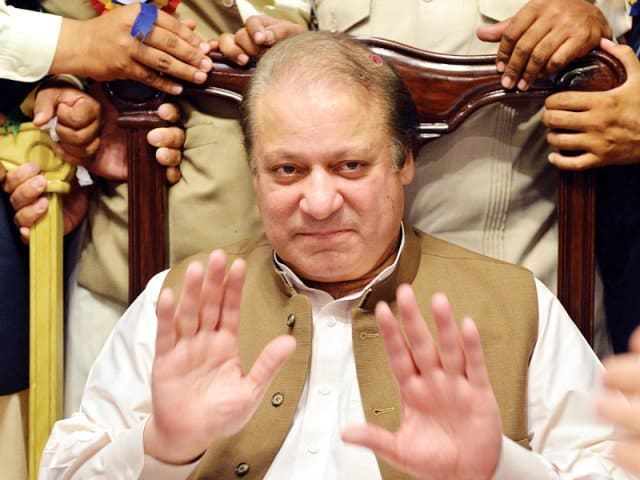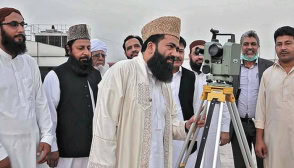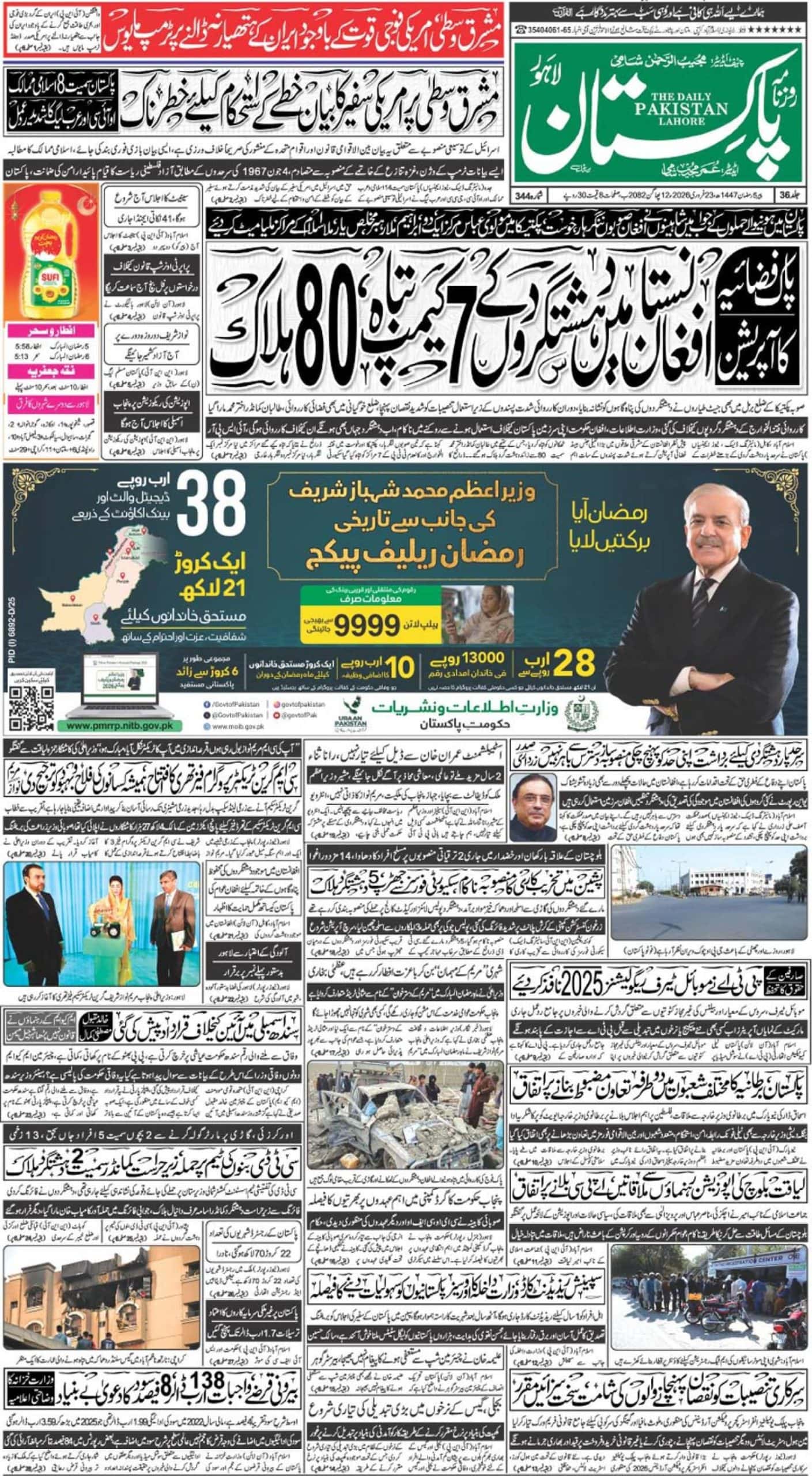ISLAMABAD – The ruling Pakistan Muslim League-Nawaz (PML-N) has re-elected ousted prime minister Nawaz Sharif as president of the party, day after the National Assembly passed the Election Reform Bill 2017.
The bill, ratified by President Mamnoon Hussain, contains a controversial clause that allows politicians disqualified from holding public office to lead political parties.
Enraged opposition members protested the passing of the bill and tore copies of it after it was presented by Law Minister Zahid Hamid.
https://en.dailypakistan.com.pk/pakistan/fontgate-2-0-did-imran-khan-actually-submit-a-document-in-cambria-to-court/
Opposition leaders from Jamaat-e-Islami, Awami Muslim League, Pakistan Tehreek-e-Insaf (PTI) and Pakistan People’s Party (PPP) are persistently protesting over the clause that seeks to help a man disqualified by the Supreme Court to become the head of a party.
Also many in Pakistan are pointing out ‘un-Islamic’ amendments in the new Bill, which according to them clash with provision regarding finality of Prophethood (as mentioned in Article 62/63).

However on Tuesday, State Minister for Law Zahid Hamid assured the National Assembly that the provision regarding finality of the Prophethood has not been omitted from the Election Bill 2017.
Speaking on a point of clarification about misinformation on the social media, the minister said that the government cannot even think of deleting this provision.
Only the oath taking form for the candidate has been made simple, the minister added, but the provision regarding Khatm-e-Nabuwat (finality of Prophethood) has not been changed at all.

“It is being alleged that we have removed the clause from the Act,” he said, explaining that the clause regarding belief in the finality of Prophethood of the Holy Prophet Muhammad (peace be upon him) is still a part of the Constitution.
The minister also compared the amended law to the previous Act in order to prove that the clause has not been removed.
He read from both versions of the law and said: “In the older Act, the nomination form required the consent of the person, his political affiliation, his belief in the finality of Prophethood, and faithful declaration to follow the vision of Quaid-e-Azam which is followed by other questions.”
Similarly, form ‘A’ of the new Act also asks for a person’s consent, political affiliation, belief in the finality of Prophethood, Quaid-e-Azam’s vision, followed by other questions, said the law minister.
“They are exactly the same, there is no change,” he pointed out, adding that it is “sad that our opponents are criticising us for it”.
Regarding another point, Zahid Hamid said the Election Bill 2017 has not been passed in isolation. He also rejected the impression that the bill has been passed to benefit a specific person.
Changes in Candidate’s Nomination Form
Although no significant change has been made in the Bill regarding Khatm-e-Nabuwat (PBUH) with exception of moving it from point number (i) to point number (iii) and changing the wording from ‘solemnly swear’ to ‘declare’, there’s something missing in the Nomination Form for Candidate.

In the new Form, the clauses regarding unpaid/written of loan for an amount of two million rupees or more obtained from any bank, financial institution, cooperative society or corporate body by the candidate or his/her spouse or any of his/her dependents, are missing or not included (as mentioned in the previous nomination form).

Moreover, another clause regarding the candidate’s or his/her spouse or any of dependents or a business concerns in default in payment of government dues or utility charged, including telephone, electricity, gas, water charges of an amount in excess of ten thousand rupee for over six months, is not included in the new Form.
Elections Bill 2017
In August, following Nawaz Sharif’s disqualification by the Supreme Court, the ECP had informed the PML-N that according to the Political Parties Order 2002, a disqualified MNA cannot hold any position in the party.
According to the bill, every citizen will have the right to be a part of a political party, except those in government service, and will also have the right to form a party.
It enables the ECP to scrutinise election expenses within 90 days, failing which election expenses submitted by a political party would be deemed to be correct.
The bill states that any parliamentarian could only be disqualified for a period of five years and that ECP will be an independent and autonomous body, which will formulate its own law, and party funding details will be available online.
It also restricts the caretaker government from making any policy decisions.
Since the Bill’s ratification, many opposition members have protested against it for different reasons and have announced that they would move the courts against it.













